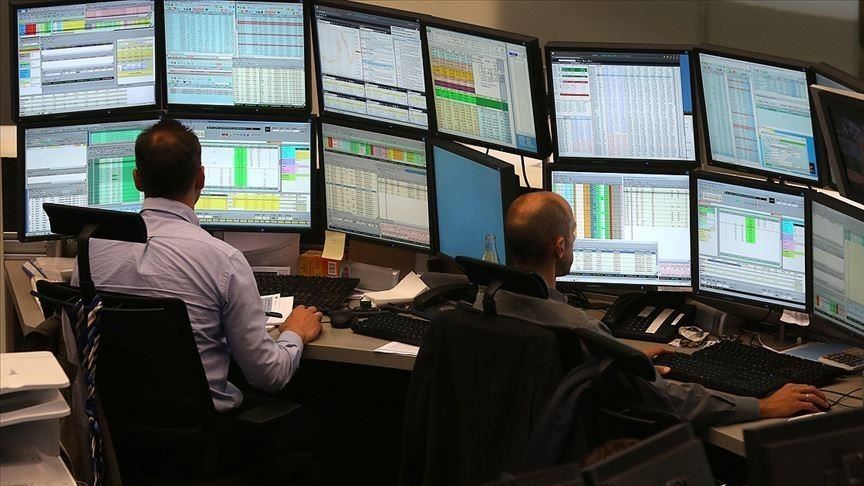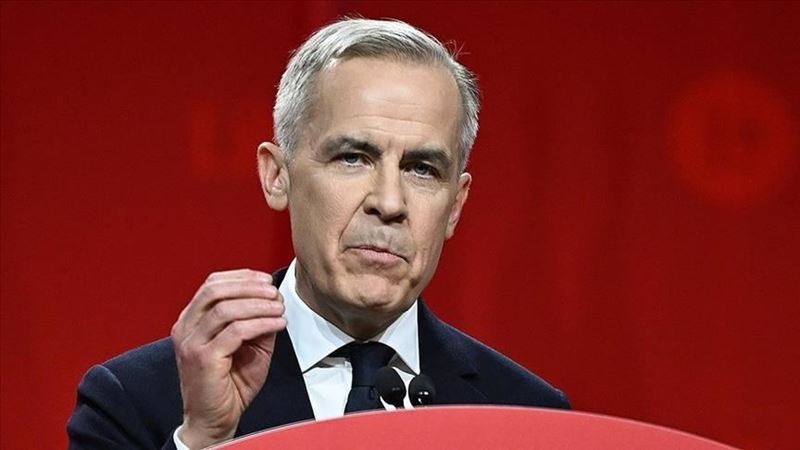Global markets focused on the Fed's interest rate decision and the USA growth data this week.
Previously, on the first trading day of the week, US futures indices and Asian Stock Exchanges regressed due to recession concerns. Wall Street indices ended Friday with losses due to the weak composite PMI index announced and mixed balance sheets. While the S&P 500 fell 0.93 percent and the Nasdaq 100 fell 1.77 percent, the weekly rise in the indices was 2.55 percent and 3.45 percent, respectively.
On the first trading day of the week, Japanese Nikkei 225, Hong Kong Hang Seng and Chinese CSI 300 fell close to 1 percent. China's real estate stocks are rising on the news, as China approves the establishment of funds for financial aid to 12 construction companies. Chinese tech stocks are also falling.
Wheat prices started to rise after Russia attacked Odessa.
Oil prices are down on recession concerns.
The US 10-year bond yield, which fell 16 basis points to 2.75 percent in the whole last week, is trading at the 2.78 percent limit this morning. Nearly one-third of respondents to the MLIV Pulse survey predicted that the 10-year bond yield will peak in the 3.4-3.7 percent band in the next 9 months.
The Dollar Index is flat at 1.278 this morning after ending the week with a 1 percent loss.
All eyes on the Fed
The US Federal Reserve will announce its interest rate decision on Wednesday, July 27 at 21:00; Fed Chairman Jerome Powell will also hold a press conference at 21:30 CEST.
The majority of 85 economists who participated in the surveys foresee a 75 basis point increase in the interest rate band, which is 1.50%-1.75%. Concerns about the slowdown in the economy are also escalating as the Fed increases the dose of the fight against inflation, which is at its peak in 40 years.
Especially in an environment where housing market data is giving negative signals, tech companies are suspending hiring and unemployment benefits applications are on the rise.
The personal consumption price index (PCE), the inflation indicator followed by the Fed, increased by 6.3 percent in May, well above the 2 percent inflation target. Headline consumer inflation data also rose to 9.1 percent in June.
It is priced in the futures markets that the Fed will raise interest rates to approximately 3.5 percent by the end of the year, and will begin to lower them in the second half of 2023.
The economists' expectation of a recession in the next 12 months rose to 47.5 percent from 30 percent in June. 51.8 percent of the respondents in the MLIV Pulse survey conducted between July 18-22 also evaluated the probability of the Fed reducing inflation without putting the economy in recession as "low".
Bank of America US Chief Economist Michael Gapen has predicted a moderate recession to begin in the second half of 2022. Former US Treasury Secretary Lawrence Summers said that "a soft landing does not seem very likely", while current Treasury Secretary Janet Yellen noted that there was a slowdown in employment growth but did not see any signs of recession.
On the other hand, Fed officials have argued that it is possible to avoid a recession and a soft landing can be achieved so far. Powell had previously stated that failing to achieve price stability would be "a bigger mistake" than putting the US economy into recession.









Comments
No comment yet.